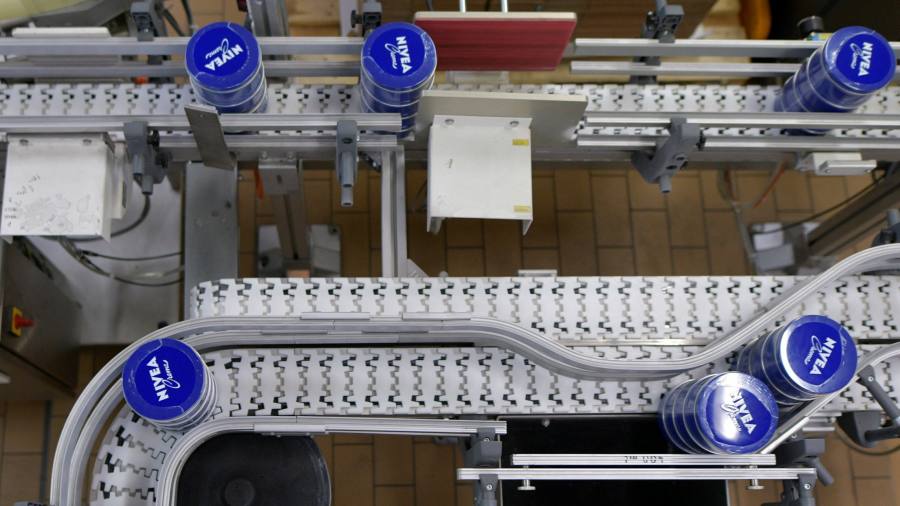
Just 12 companies out of more than 18,700 worldwide merited a “triple A” score for their environmental disclosures in 2022, according to the latest report from a voluntary disclosure system widely used by large investors.
This was even fewer than the 14 companies identified the previous year by the non-profit group CDP, formerly known as the Carbon Disclosure Project.
Many companies are struggling to meet the requests for more information as regulators and investors demand improvements in environmental reporting and disclosure standards.
More than 29,500 companies with a combined market value of more than $24.5tn were graded an “F” after failing to provide any data to CDP, which aims to encourage businesses to improve their reporting on environmental risk.
Berkshire Hathaway, Tesla and oil and gas producers Saudi Aramco, ExxonMobil and Chevron are among those companies that consistently do not respond.
“Most companies are still not managing all environmental risks holistically. Far too many are remaining complacent or failing to respond at all,” said Dexter Galvin, CDP’s global director of corporations and supply chains.
Sasja Beslik, chief investment officer at SDG Impact Japan, a sustainable investment specialist, said the findings showed how little progress had been achieved in reporting climate change risks.
“Investors are lacking crucial environmental data and so they cannot make fully informed decisions which leads to a continuing misallocation of capital,” said Beslik.
More than 680 financial institutions with combined assets of $130tn use CDP scores, according to the group.
Only 330 companies of the 18,700 companies that responded this year were granted a single A score from CDP based on their transparency and performance on climate change, water security and deforestation in its seventh annual assessment of environmental and reporting standards.
New entrants to the triple A class were Beiersdorf, the German consumer goods company best known for its Nivea brand; LVMH, Paris-listed luxury goods supplier; and UPM-Kymmene, the Finnish paper company.
Five companies dropped out of the triple A category: Fuji Oil, the Japanese food ingredient supplier; IFF, the US flavours, fragrances and cosmetics maker; Mondi, the UK paper and packaging group; Symrise, the German aroma chemicals maker; and Unilever, the UK consumer products group.
These failed to make the grade after CDP included more stringent scoring on alignment of corporate plans with the 1.5C Paris accord goal for global warming, as well as verification of deforestation and water data.
Another 59 per cent of the 18,700 companies that did report to CDP were scored as “C” or “D”, meaning they were only just beginning to recognise their environmental impact.
Two-thirds of the companies that scored between “A-” and “D” showed no improvement in their environmental transparency and action compared with last year.
Lisa Beauvilain, head of sustainability at London-based Impax Asset Management, said that “reporting fatigue” was becoming a problem as companies were facing multiple disclosure requirements to comply with frameworks such as the Task Force on Climate-Related Financial Disclosures as well as new national environmental reporting requirements.
The White House announced last month that it would require businesses that supply the US federal government to disclose publicly greenhouse gas emissions and set science-based emissions reduction targets. This will apply to all businesses with annual contracts of more than $50mn.
Climate Capital

Where climate change meets business, markets and politics. Explore the FT’s coverage here.
Are you curious about the FT’s environmental sustainability commitments? Find out more about our science-based targets here